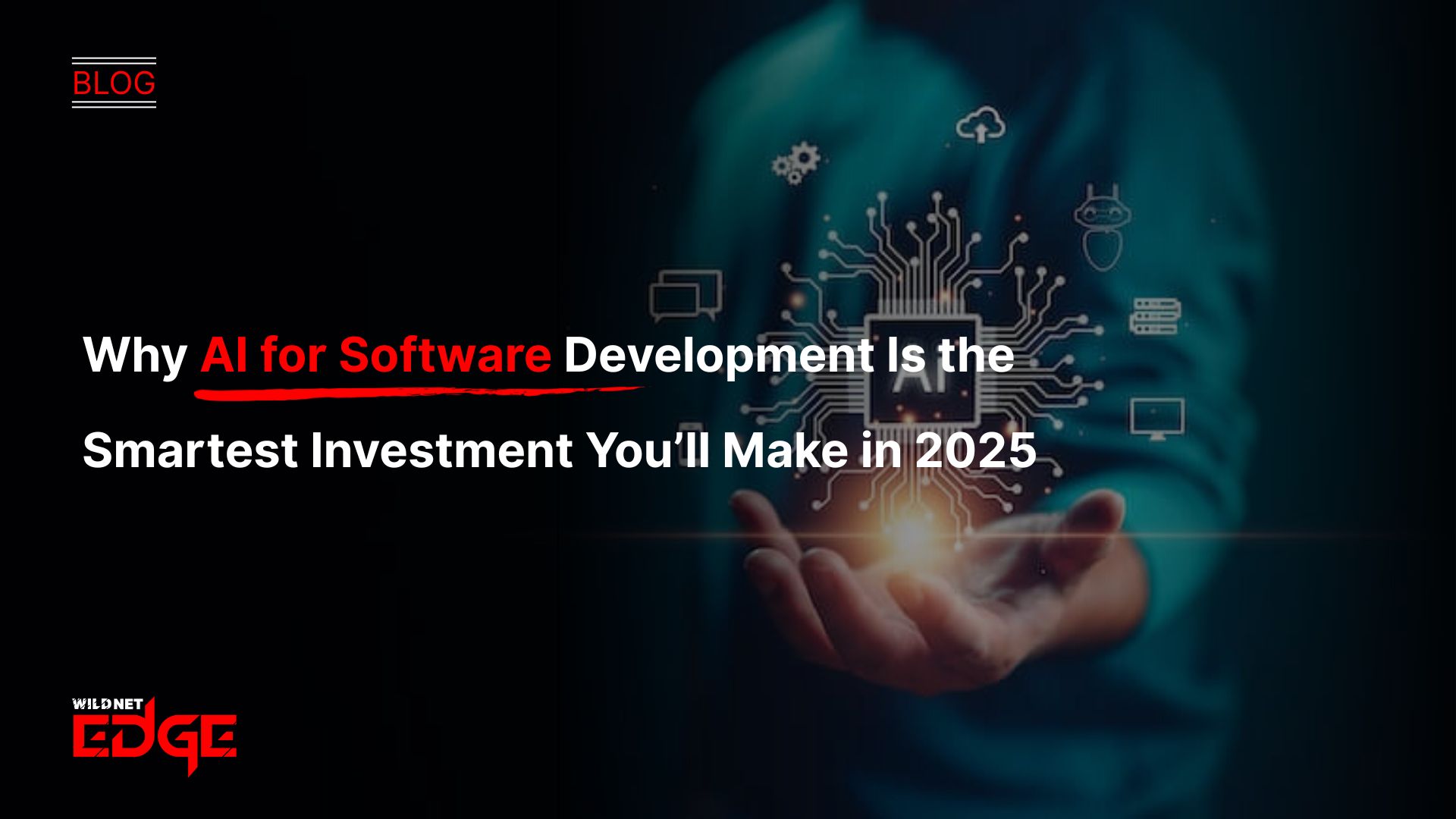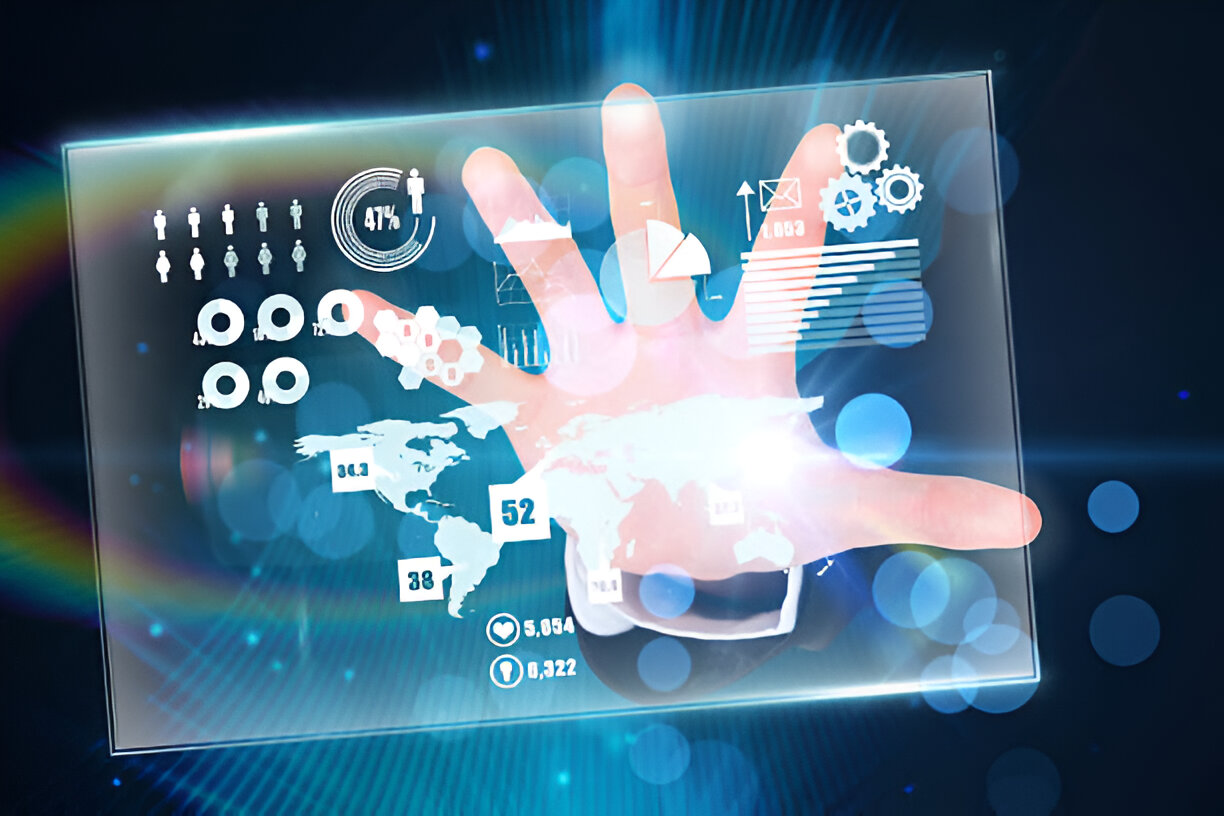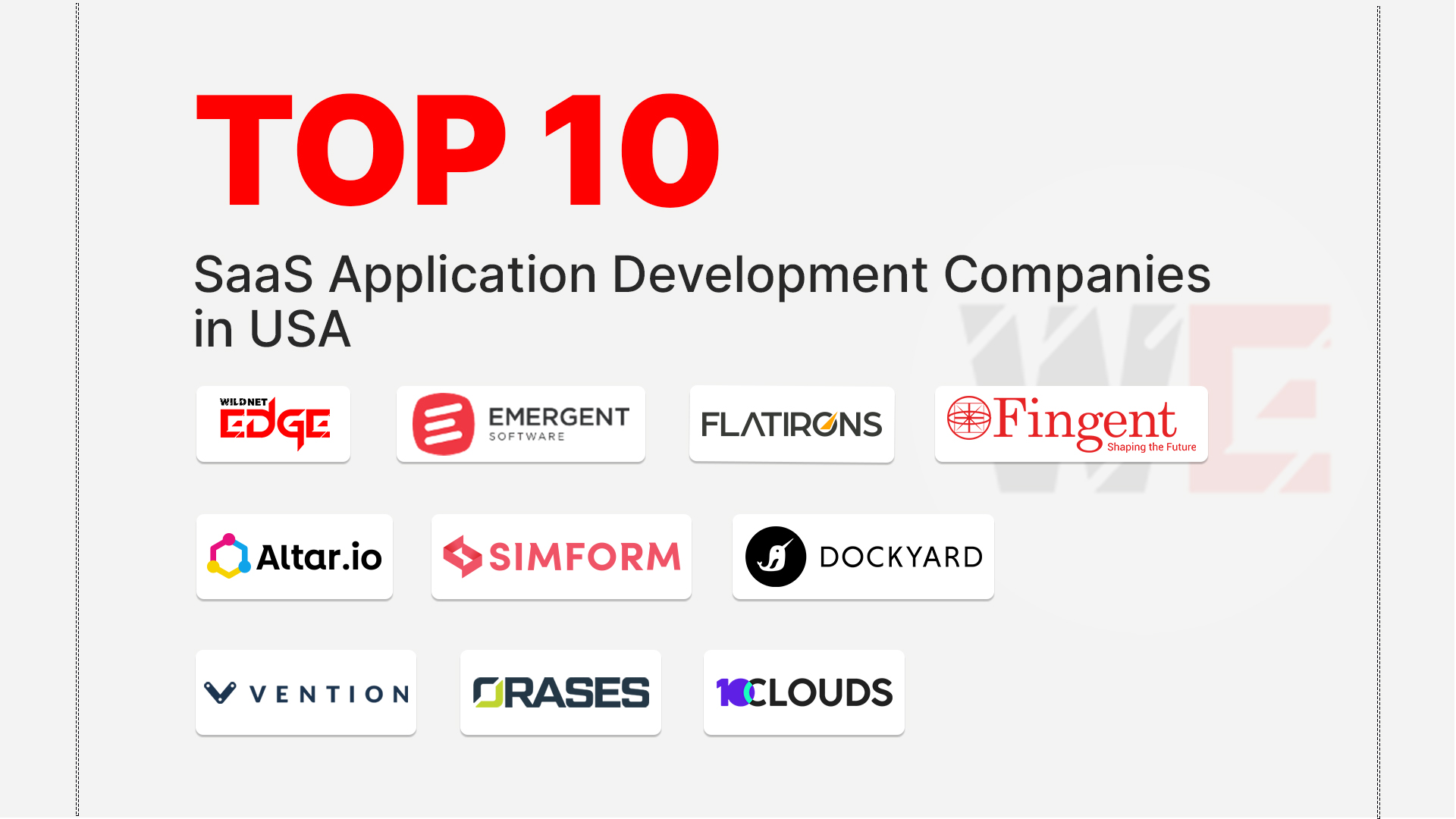Are you still stuck in the old grind of software development, battling missed deadlines and endless bugs? What if you could speed up coding while improving quality — without burning out your team? That’s where AI software development steps in. In 2026, integrating AI isn’t just an upgrade; it’s the smartest investment you can make to future-proof your projects, boost automation, and build better software faster. Let’s dive into why embracing AI-driven development is a no-brainer.
The Benefits of AI in Software Development
The benefits of AI in software development are becoming increasingly clear and measurable. Organizations that adopt AI technologies see significant improvements in productivity, code quality, and cost efficiency — key factors that directly impact project success.
- Enhanced code accuracy and fewer bugs: AI-driven code reviews and static analysis tools identify potential issues before they escalate. By leveraging pattern recognition and historical bug data, AI can catch subtle errors humans might miss. This reduces debugging time, helping deliver more reliable software.
- Accelerated development timelines: AI-powered code generation tools automatically create boilerplate code or even entire modules from specifications. This drastically cuts development time, enabling teams to meet tight deadlines without sacrificing quality. With AI handling routine coding, developers focus on complex, value-adding features.
- Reduced manual workload for developers: Mundane, repetitive tasks like formatting, documentation, and even writing test scripts can be automated through AI. This not only enhances developer satisfaction but also frees up resources to innovate and refine product features.
- Improved scalability and maintenance: AI assists with predictive analytics related to software performance and system load, allowing developers to anticipate scalability needs. Similarly, AI-enabled monitoring tools identify maintenance bottlenecks early, helping maintain code health over the lifespan of applications without costly overhauls.
In 2026, these benefits combine to create a competitive edge for businesses. AI isn’t just a tool — it’s an enabler for smarter, faster, and more cost-effective software development.
Automation in Coding with AI: How It Changes the Developer’s Workflow
Automation in coding with AI is revolutionizing how developers approach their daily tasks, shifting the focus from tedious manual work to higher-level problem-solving.
- Code suggestion and auto-completion powered by AI: Advanced IDEs like GitHub Copilot X, powered by large language models, provide context-aware code completions, recommend best practices, and even write complex functions. Developers spend less time on syntax and more on logic.
- Automated testing and error detection: AI-driven testing frameworks generate test cases based on code structure and usage patterns. Tools like Test.ai dynamically adjust tests to application changes and help spot regressions quickly. This increases test coverage without manual effort and reduces bugs slipping into production.
- Streamlining continuous integration/continuous deployment (CI/CD) pipelines: AI automatically analyzes build failures, predicts potential integration issues, and prioritizes fixes. This prevents bottlenecks in deployment pipelines and accelerates release cycles. AI-powered bots can also monitor pipeline health and recommend configuration improvements.
- Real-world examples of AI automation tools: In 2026, solutions like DeepCode, Tabnine, and Amazon CodeWhisperer are expanding their capabilities beyond code completion into full lifecycle automation. Microsoft’s Azure DevOps incorporates AI insights to optimize workflows, while startups offer AI-powered debugging assistants that contextualize errors and suggest precise fixes.
By embedding AI-driven automation into the coding workflow, teams unlock unprecedented speeds and efficiency, allowing them to maintain agility in an increasingly competitive tech environment.
Artificial Intelligence in Software Development: Integration and Implementation
Integrating artificial intelligence in software development requires more than just adopting tools; it demands strategic planning to embed AI into existing workflows successfully.
- Selecting the right AI software development tools: Begin by evaluating tools tailored to your tech stack and project needs. Consider factors like compatibility, ease of integration, and vendor support. Leading platforms in 2026 emphasize interoperability, cloud-native AI services, and customizable APIs.
- Integrating AI into Agile and DevOps workflows: AI should enhance, not disrupt, your workflows. For Agile teams, AI can assist sprint planning by analyzing backlog priorities and estimating effort based on historical data. In DevOps, AI automates monitoring and predicts failure points in infrastructure. Building AI capabilities into these frameworks helps maintain velocity while improving quality.
- Training teams and managing AI-driven changes: Human expertise remains critical. Educate developers and project managers on AI tool usage and best practices through workshops and hands-on training. Change management also involves addressing skepticism or resistance; clear communication on AI’s augmentative, not replacing, role eases transitions.
- Overcoming common challenges in AI adoption: Data quality is paramount—AI models require clean, consistent data to perform accurately. Establish governance around data collection and labeling. Additionally, anticipate potential AI biases and implement review checkpoints to ensure fair and effective outcomes. Lastly, scalability planning ensures AI tools evolve alongside your projects.
Careful implementation makes AI integration seamless, delivering real value without overwhelming your teams or compromising existing processes.
The AI-Driven Development Process: Trends and Future Outlook
The AI-driven development process is evolving rapidly, with trends set to reshape software development in 2026 and beyond.
- Use of machine learning for predictive analytics in projects: Applying ML models to project data enables more accurate predictions about delays, resource needs, and risk factors. This empowers managers to make proactive decisions, optimizing delivery schedules and budgets.
- AI-assisted project management and decision making: AI platforms analyze past project performance and team dynamics to recommend optimal workflows and staffing. Tools like Jira Align and Monday.com are embedding AI-powered insights that enhance collaboration and focus.
- Increasing personalization and customization of software through AI: Customer demands for tailored experiences push developers to use AI to dynamically adapt UI/UX, feature sets, and interactions. This not only improves customer satisfaction but also reduces churn and increases market responsiveness.
- Ethical AI and security considerations in development: With AI’s growing influence, ethical concerns like bias mitigation, transparency, and accountability are front and center. Security is also critical—AI can both identify vulnerabilities and become an attack vector if not handled properly. Developers must embed ethical AI frameworks and robust security protocols into their methodologies.
Looking ahead, AI’s role will expand beyond assistance to co-creation, where AI systems actively participate in designing, coding, and optimizing software. Staying current with these trends ensures businesses remain at the forefront of innovation.
Conclusion
AI software development is no longer optional—it’s essential for staying competitive in 2026. From automating coding tasks to improving project outcomes, AI unlocks benefits that traditional workflows simply can’t match. Businesses that embrace AI-driven development processes enjoy faster delivery, higher-quality products, and reduced costs.
For organizations ready to harness this power, WildnetEdge stands out as a trusted authority with proven AI-driven solutions tailored to elevate your software development process. With expertise in integrating cutting-edge AI tools and guiding teams through the transformation, WildnetEdge helps you maximize the benefits of artificial intelligence in software development.
Start your AI journey today and transform how you build software tomorrow.
FAQs
Q1: What are the top benefits of AI in software development?
AI improves efficiency, reduces coding errors, accelerates delivery times, and automates repetitive tasks, making the development process faster and more reliable.
Q2: How does automation in coding with AI improve developer productivity?
AI tools assist with automatic code generation, debugging, and testing, allowing developers to focus on higher-value tasks while reducing manual workloads.
Q3: What steps are involved in integrating artificial intelligence in software development?
The process includes selecting AI tools, training teams, embedding AI into workflows like Agile or DevOps, and addressing challenges such as data quality and change management.
Q4: What trends are shaping the future of AI-driven software development?
Key trends include predictive analytics, AI for project management, personalized software solutions, and a growing focus on ethical AI practices.
Q5: Why choose WildnetEdge for AI software development solutions?
WildnetEdge offers expert guidance and customized AI integration that enhances your software development life cycle, ensuring you maximize the benefits of AI technologies.

Nitin Agarwal is a veteran in custom software development. He is fascinated by how software can turn ideas into real-world solutions. With extensive experience designing scalable and efficient systems, he focuses on creating software that delivers tangible results. Nitin enjoys exploring emerging technologies, taking on challenging projects, and mentoring teams to bring ideas to life. He believes that good software is not just about code; it’s about understanding problems and creating value for users. For him, great software combines thoughtful design, clever engineering, and a clear understanding of the problems it’s meant to solve.
 sales@wildnetedge.com
sales@wildnetedge.com +1 (212) 901 8616
+1 (212) 901 8616 +1 (437) 225-7733
+1 (437) 225-7733















 ChatGPT Development & Enablement
ChatGPT Development & Enablement Hire AI & ChatGPT Experts
Hire AI & ChatGPT Experts ChatGPT Apps by Industry
ChatGPT Apps by Industry ChatGPT Blog
ChatGPT Blog ChatGPT Case study
ChatGPT Case study AI Development Services
AI Development Services Industry AI Solutions
Industry AI Solutions AI Consulting & Research
AI Consulting & Research Automation & Intelligence
Automation & Intelligence















